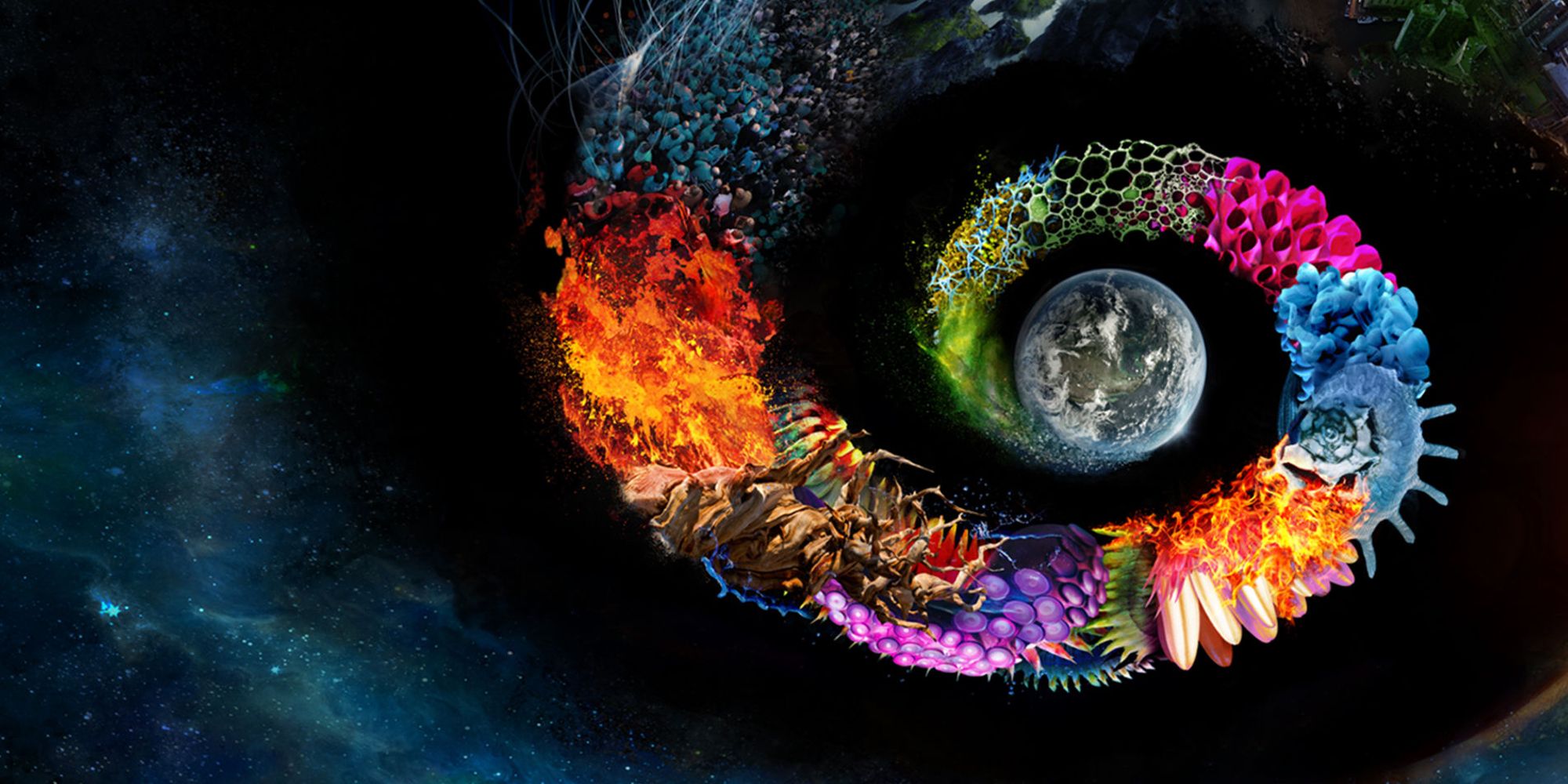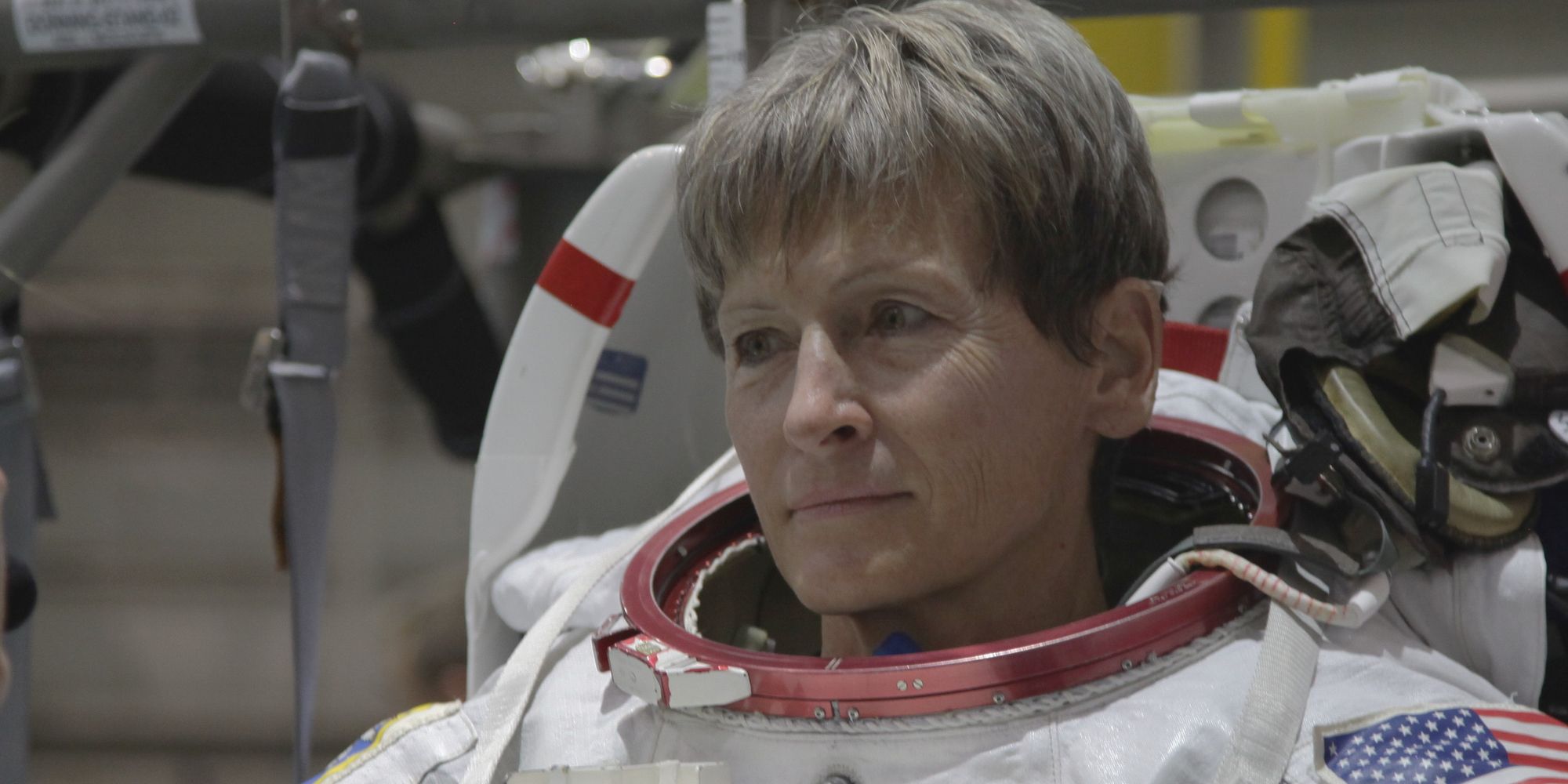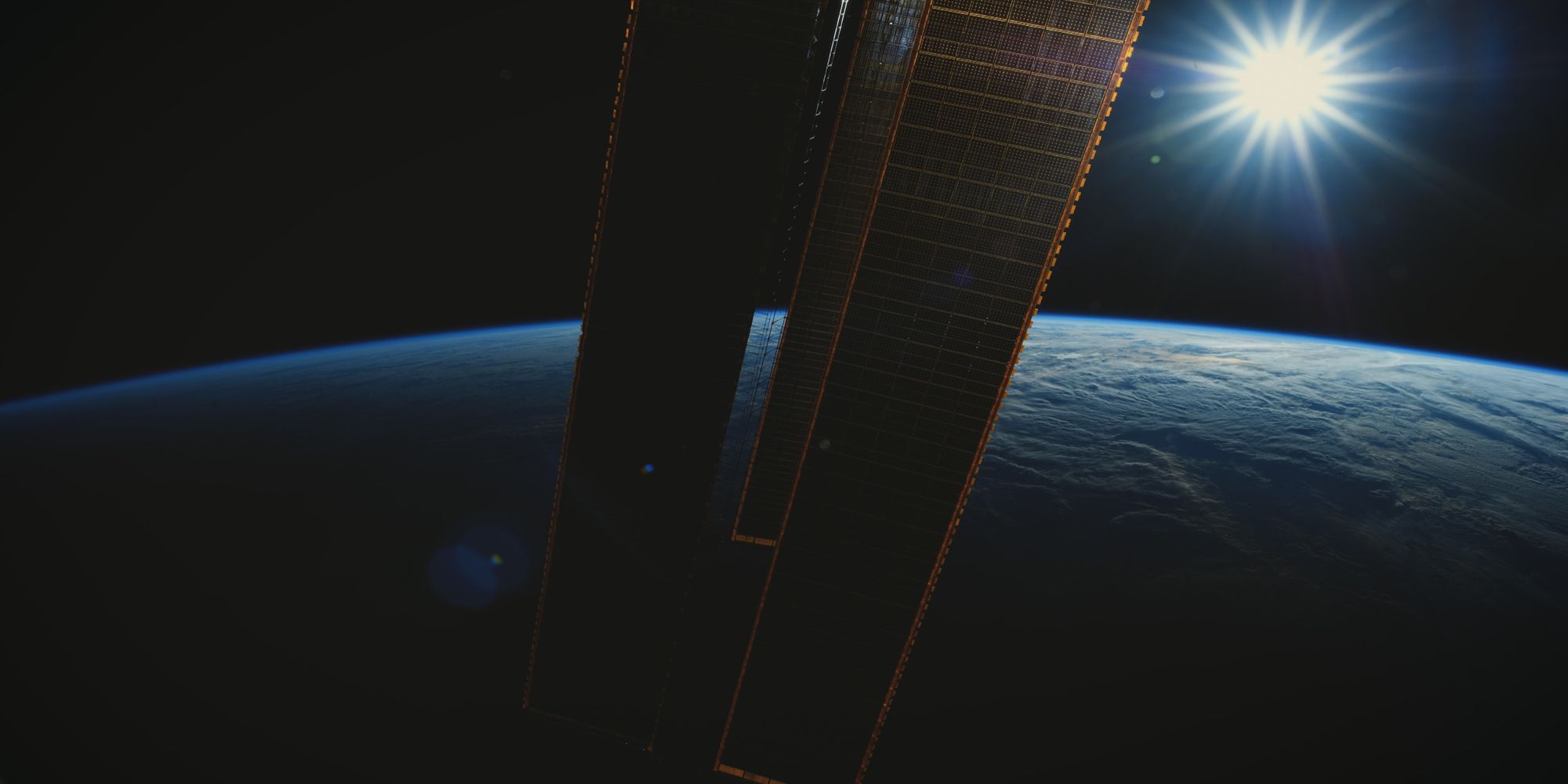National Geographic’s three-pronged approach to its ambitious and visually stunning science and nature docuseries One Strange Rock pays off in the season finale, ‘Home.’ The series’ combination of host Will Smith, interviews with astronauts discussing their time in space, and an overall emphasis on the wonderful weirdness of the planet Earth made for fascinating, compelling television. The series’ overarching goal was an unprecedented exploration of the planet, but it saved its final episode for a celebration of the place we call home.
‘Home’ takes that basic idea as the framework and then uses Smith’s narration and the anecdotal experiences of the astronauts to form a larger, coherent structure about connectivity around that one idea. This time, the hour focuses primarily on how the relationship between humans and their planet is fundamentally changed when they leave it. It’s perhaps the most astronaut-centric episode of the entire series, as the larger point that One Strange Rock is trying to make can only be understood by relatively few people. The rest of us have to take their word for it. The episode suggests that those who’ve left the planet and have had a chance to look down and see it for what it is (a globe, sorry flat Earthers), find how they think about where they’re from is fundamentally changed.
More: Arrested Development Review: Season 5 Feels Almost Like A TV Do-Over
It’s an effective chord for the series to strike, one that points out not only the fragility of the system that allows for life to exist, but also one that seeks to underline how that system connects every living thing on the planet. That sentiment is echoed by the observation that, in space, there are no borders, no walls, everything is visible. The message isn’t hard to grasp; after all, One Strange Rock isn’t exactly subtle, but, then again, it’s not supposed to be. For those who’re lucky enough to have traveled in space, their return brings forth a surprising change: the idea of Home becomes much, much bigger.
The episode itself is less terrestrial-minded than the majority of the series, and yet it’s more plainly focused on what Earth means to humans than any other episode. The result is a finale that spends more time in space and with one particular astronaut, but goes to greater lengths connecting the those two elements through a more intimate examination of its space faring subject.
It’s no surprise, then, that One Strange Rock would save astronaut Peggy Whitson as the subject of its finale. Whitson is the current record holder for most cumulative days in space for an American, which stands at a staggering 665 days. Whitson is an incredibly engaging personality and she does an incredible job synthesizing her experiences outside of Earth for the audience. Her description of the surprisingly fast trip out of the atmosphere to the eagerness you feel in wanting to immediately look around and see the planet you’ve just left, and the power of the Overview Effect — the shift in awareness astronauts have when viewing Earth from orbit — gives a great deal of meaning and substance to the episode.
Because of its focus on Whitson, the hour feels more intimate, more personal that what’s come before. That's partly due to the involvement of Whitson's parents back in Iowa, but it’s a surprisingly emotional turn for the series. One Strange Rock certainly understands the power of the human element, after all, it has one of the most recognizable faces on the planet acting as the series’ host. Of all the personal stories of the various astronauts interviewed and involved in the making of the show, Whitson’s story feels the most capable of finding and capitalizing on the connection between all things on the planet and how leaving it alters and intensifies those feelings.
As a result, ‘Home’ is perhaps the most focused of all the One Strange Rock episodes. Though it moves all over the planet, from Kazakhstan to Iowa to Puerto Rico and finally Mexico, each piece, each movement builds off the other in a way that not only makes sense, but emphasizes the emotional through line of the hour, and the series as a whole. In a way, the greatest success of ‘Home’ is in how it achieves its own Overview Effect, producing in the audience something akin to what astronauts experience seeing the planet against the backdrop that is the endless void of space. The planet is, relatively speaking, utterly unique, and life on it all the more special as a result.
If these kinds of science and nature docuseries are meant to do anything, it’s to alter our perception and understanding of the world around us. In that regard, One Strange Rock’s finale us a resounding success.



